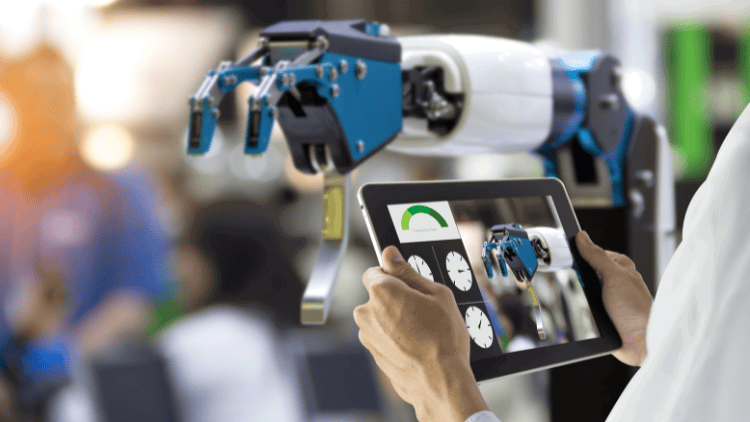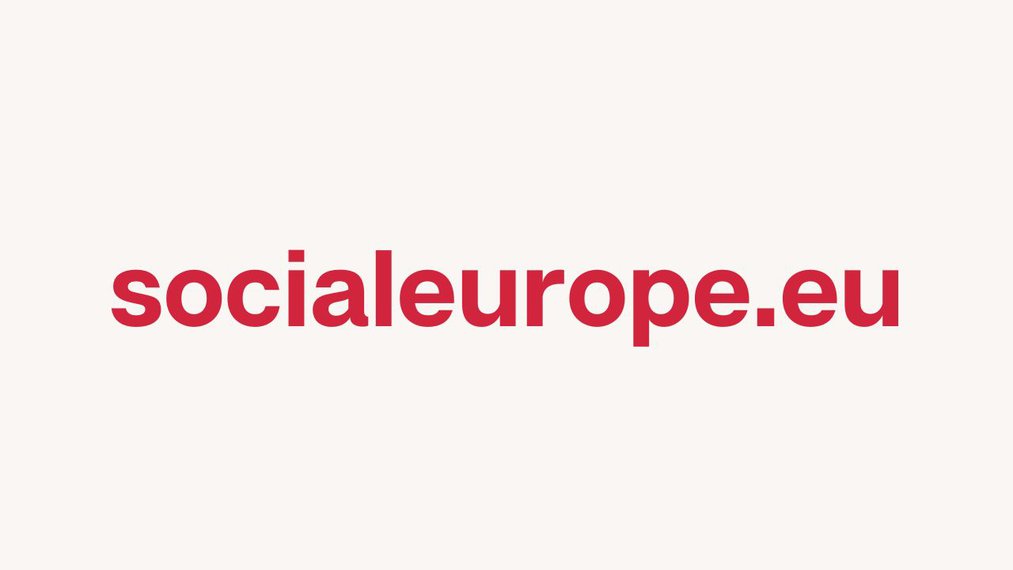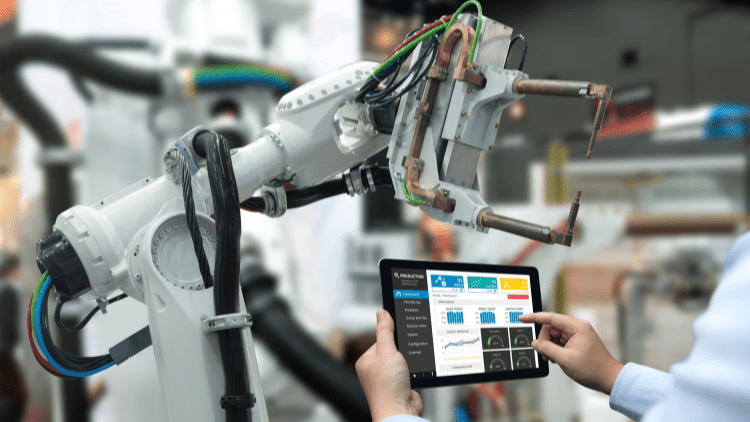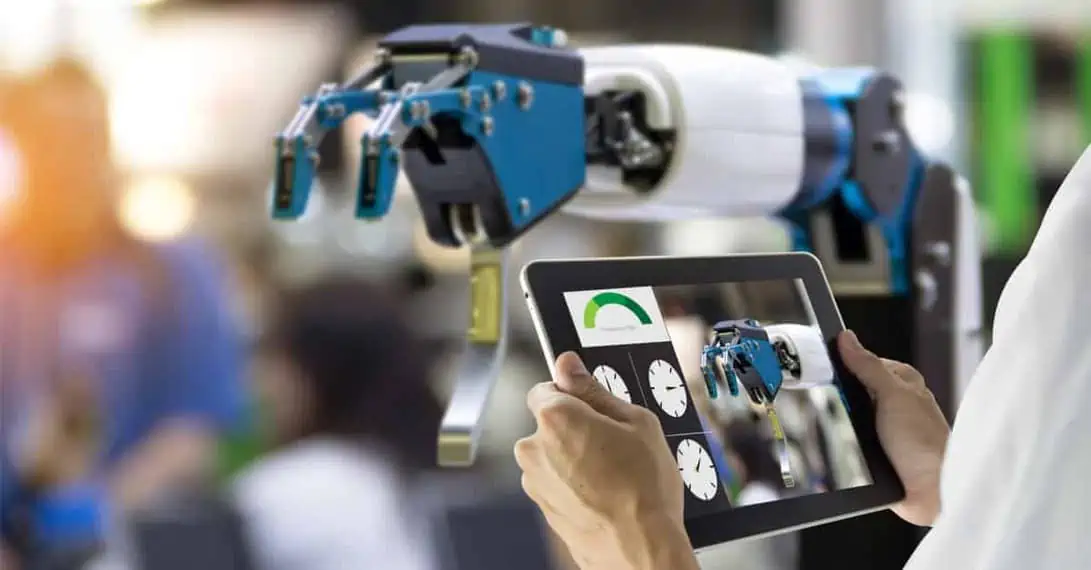AI is permeating a wide range of areas and it is bound to transform work and society. This series addresses possibilities and challenges. Above all it asks what needs to be done politically in order to shape this transformation for the sake of the common good.

Our project partners
AI and work
AI has conjured up a dystopia of robots displacing human workers from employment. Some have predicted very large-scale job substitution but others question whether such a predetermined outcome can be envisaged: whether jobs are lost and how they are changed depends on whether workers are involved in the decisions that are made. Similar concerns apply to issues of recruitment and monitoring of workers: will AI data serve a ‘surveillance capitalism’ or could it assist workers in the performance of their jobs if they have more power to influence the outcome?
AI and society
AI raises wider questions about the society in which we live and that of the future. Market-research institutes foresee huge efficiency gains, but are these credible and, if so, how will such gains be distributed? Feminists and anti-racists have expressed concern that the algorithms on which AI depends unconsciously embed the social prejudices of their human authors. Issues of privacy and civil liberty surround the possession and control of the data mined by AI. How education must change so that citizens can feel empowered rather than alienated by AI is also at stake—as is the ever-present issue of where AI fits in meeting the existential challenge of climate change and biodiversity loss.
This work has been funded by the Federal Ministry of Education and Research of Germany (BMBF) under grant no. 16DII111 (‘Deutsches Internet-Institut’) and the Friedrich Ebert Stiftung.











